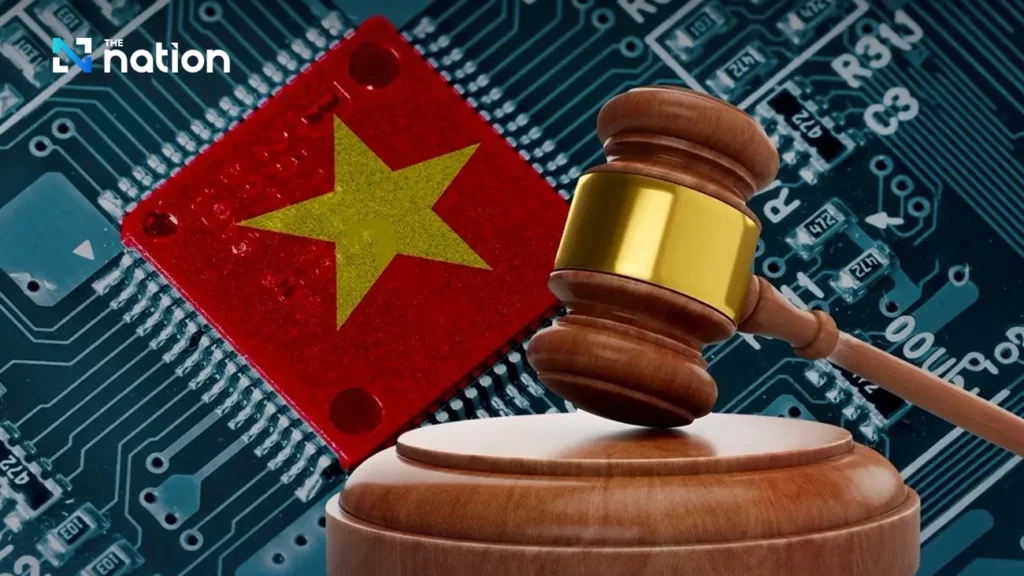Cultivating talent and ethical AI
The cornerstone of law is the technical workforce. The government allocates funds for curriculum development, training and high-end programs.
While Vietnam’s digital experts enjoy a five-year income tax exemption, foreign experts receive five-year visas, exempt from work permits, and simplify the entry of global technology talent into Vietnam.
The law also introduces a risk-based regulatory approach of artificial intelligence, categorizing AI into high-risk and non-risk groups, along with specific technical standards and regulations such as clear labeling of AI products.
AI research and data center infrastructure is allocated with critical budgets, supplemented by defined prohibitions and “AI ethics” to protect security and personal privacy.
Digital assets and cryptocurrency orders
To address areas that are often made clear in other countries, Vietnam has chosen comprehensive regulations for digital assets and cryptocurrencies.
The law distinguishes “virtual assets” from “cryptocurrency” and establishes regulatory mechanisms to prevent financial crimes.
It also enables innovation testing through regulatory sandboxes, allowing new businesses in blockchain, defi, and finTech to test their models under state supervision with temporary legal exemptions.
To further strengthen global outreach, Vietnam plans to establish “Vietnam Digital Technology Offices” in various countries, promoting international cooperation and supporting Vietnamese companies by expanding and supporting them.
Special technology zones, similar to economical free zones, are created to attract investment in targeted industries such as semiconductors, software, and green technology, and provide business-friendly tax policies and regulations.
Vietnam clearly signals global investors and entrepreneurs that it is ready for this transformative change. The country is rapidly evolving from factories around the world to ASEAN’s technology hubs, and could become Silicon Valley in Southeast Asia if the plans come true.



